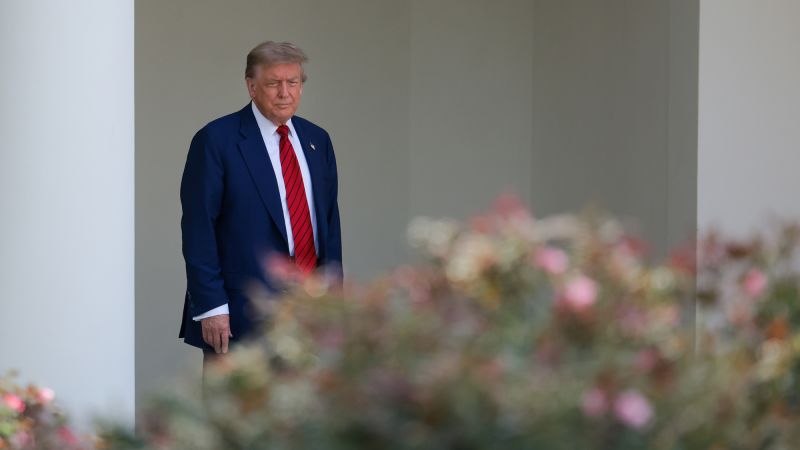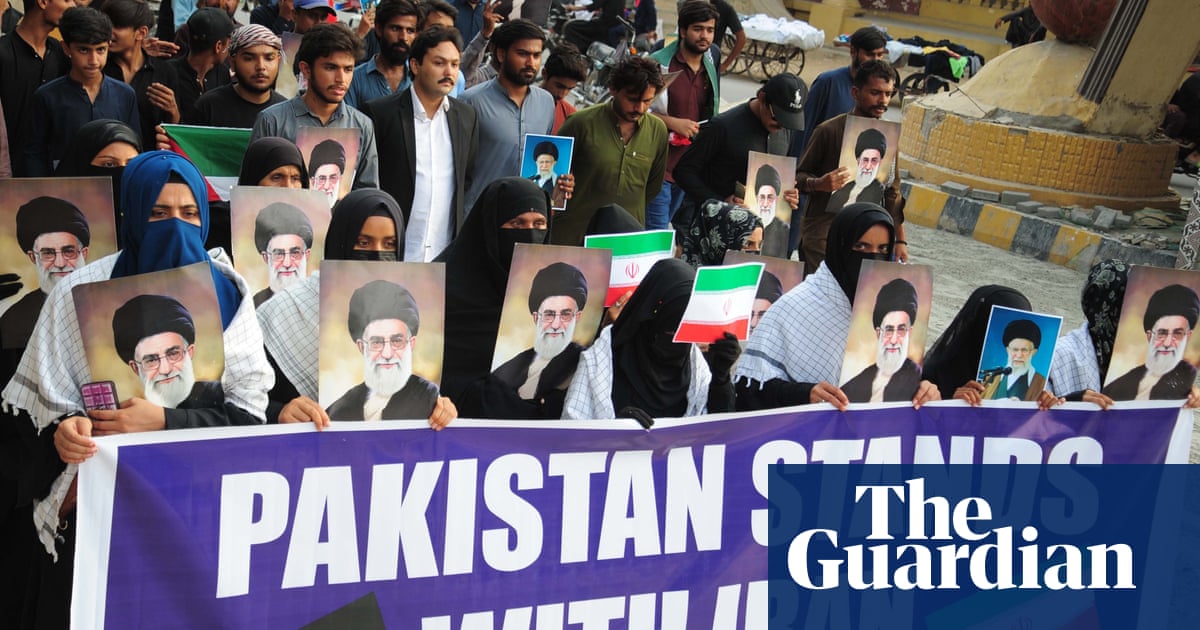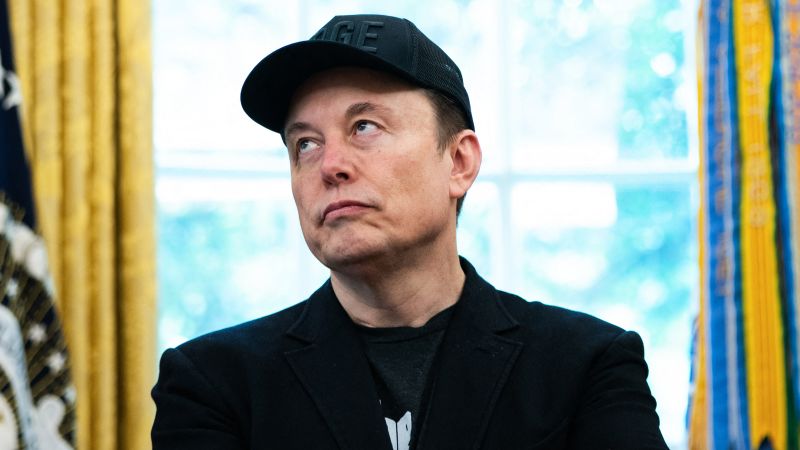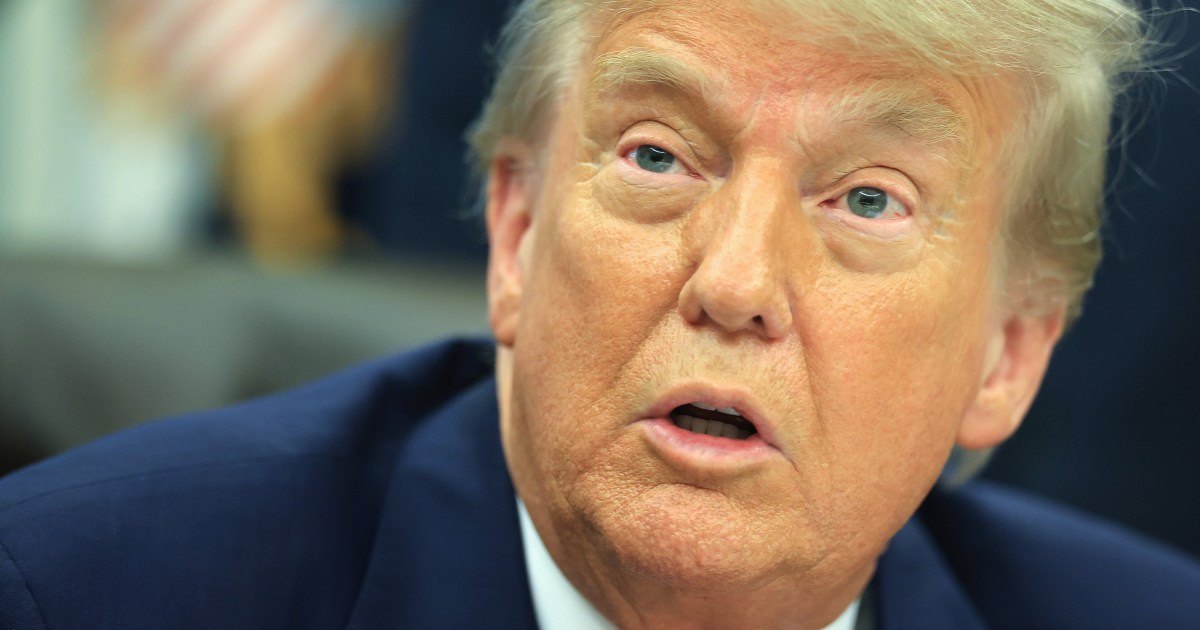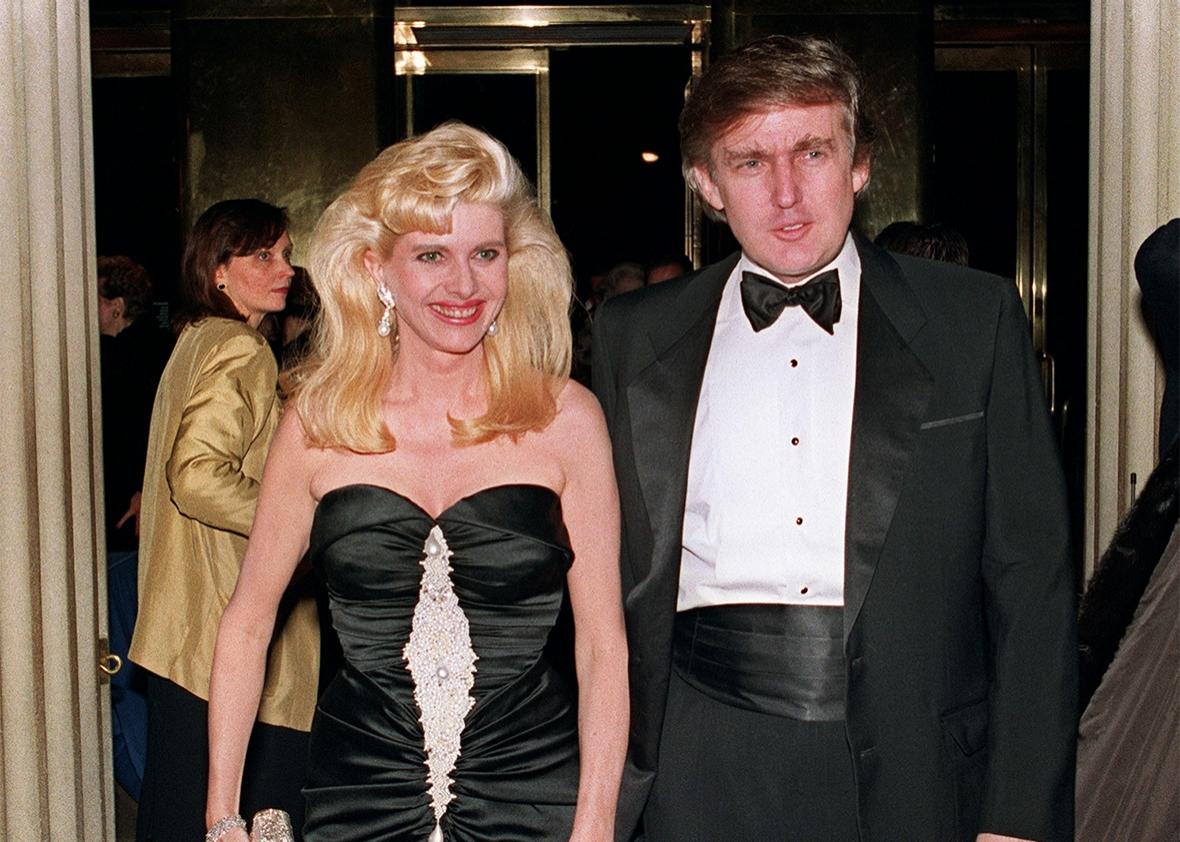Libertarian “Anti-War” Backers Have Buyer's Remorse as Trump's Agenda Unfolds
Six months into Trump 2.0, backers have buyer's remorse. And is Pakistan up next to be "denuclearized" by Trump?

Six months into the second Trump administration, Republicans are trying to reconcile the President they actually elected with the candidate they backed. As with any honeymoon, reality seldom meets expectations as hard facts supplant hopes and dreams.
Trump's decision to bomb Iran's nuclear sites on June 21st threatened to blow apart the fragile MAGA coalition, particularly irking libertarian “anti-war” advocates and various backers in Moscow. That same faction was already annoyed over the increased spending in Trump's signature “Big Beautiful Bill.” Had the Iran-Israel situation spiraled out of control or threatened to drag the United States into another “forever war,” Trump would be dealing with a full-blown intra-party mutiny right now.
But that hasn't quite happened. Trump claimed victory in Iran, and has so far been successful in portraying the Iranian operation as a “one and done” corrective measure rather than a prelude to a prolonged conflict. In fact, the administration is exploring a $30 billion deal with Iran to fund civilian nuclear energy development that looks a great deal like the 2015 JCPOA deal struck by the Obama administration.
The Senate is in the final stages of reconciliation on the widely-disliked BBB legislation, which has something to annoy nearly everyone: tax breaks for the wealthy, steep cuts to Medicare and Medicaid, and significant spending increases. Trump has set a deadline of Friday, July 4 for the bill's passage. But many Senators unhappy with its provisions are engaged in a marathon “vote-a-rama” session today to try to address their concerns. And if just four Senators give up on the bill, it will die; six have expressed reservations, and Senators Thomas Tillis (R-NC) and Rand Paul (part of the anti-war libertarian faction) have said they will not vote for the bill.
But that's what's happening now. As always, we're more concerned with what might be coming next. Here are some significant developments we're tracking.
Musk Prepares to Lead Mutiny
While Trump and Musk both seemed to sweep aside their recent blow-up, it masks a deep division that can't be easily overcome. Hardcore libertarians like Ron Paul, Rand Paul, Elon Musk, and Peter Thiel may have thought they had an agreement with Trump to follow their brand of fiscal austerity and non-interventionist foreign policy. Vladimir Putin and Aleksandr Dugin both thought similarly. But now it's clear: Trump is simply not the man they thought they married.
This week, Dugin, through an account on X that relays messages on his behalf, wrote, “MAGA helped Trump to win. He was himself MAGA in the beginning. Now it evaporates. Deep State, globalism, interventionism, regime change operations, Atlanticist solidarity, hegemony are back. It is not MAGA anymore. It is not promised golden age... It’s a shame.”
Trump is proving that he is a pragmatist playing things by ear rather than a libertarian ideologue or Putin's junior partner. And while he seems to be more than happy to deliver favors for Putin (such as newly relaxed banking sanctions, or speaking up for him at the G7), he also doesn't seem to be particularly concerned about upsetting him, either: it's clear that the Putin regime is not thrilled with military action against Iran or Trump's efforts to end the Ukraine war, but their bromance continues nonetheless.

Musk has today reiterated his call for a new political party, the America Party. Ivan Raiklin, a political operative connected to Russia-aligned Lt. Gen. Michael T. Flynn responded to him saying, “DM me if you are serious.” Musk first suggested creating a new party earlier in June, suggesting that the America Party would receive support of the 80% of Americans who want “common sense” policies.
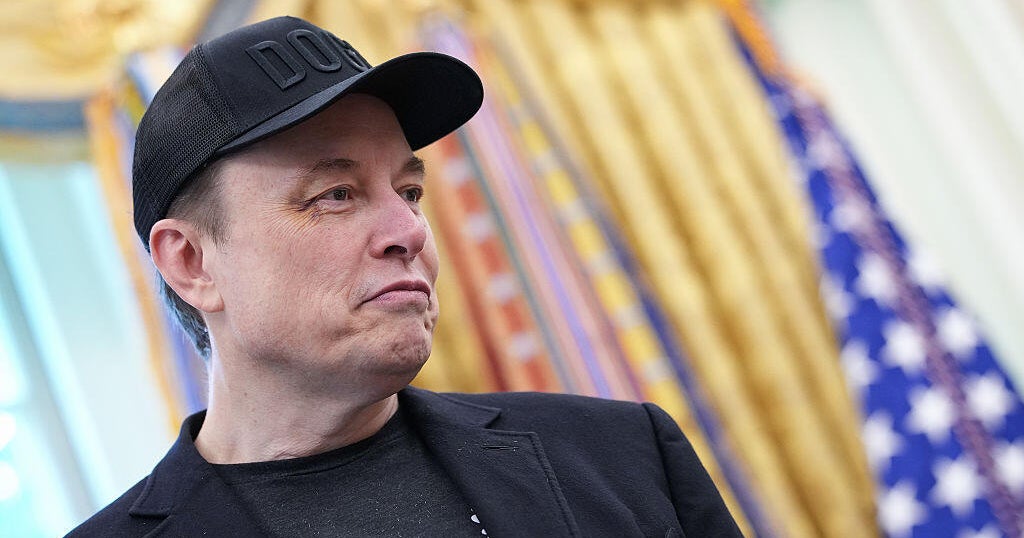
Political pundits are typically quick to pan such talk, evoking memories of H. Ross Perot's Reform Party candidacy in 1992 or the failure of the Libertarian Party to gain ground. But Musk is likely to pursue a scorched-earth approach, taking a chunk of the Republican Party with him while also partnering with Russian foreign intelligence to embarrass or otherwise eliminate Trump. To the extent Russian information warfare efforts have been used to bolster Trump's ascent, they could also accelerate his downfall, should opponents pursue that pathway. Musk is also likely to use his near-bottomless Tesla equity as leverage to fund primary challenges across both parties. Even if he is ultimately unsuccessful, he can wreak a great deal of havoc in an effort to upend the status quo.
Pakistan as Next Denuclearization Target?
As we have reported previously, Trump has talked about nuclear proliferation since at least 1985, when he first proposed “going in and cleaning out” weapons from countries considered an emergent threat. Having fulfilled this promise by bombing Iran, chatter is now emerging around Pakistan as a next potential target.

A recent Foreign Affairs report by Vipin Narang and Pranay Vaddi (citing unnamed US intelligence officials) claimed that Pakistan has developed Intercontinental Ballistic Missiles (ICBMs) capable of reaching the United States. This in turn sparked a flurry of news stories from various low-quality news outlets suggesting that Trump was unhappy about Pakistan's development of ICBMs, and that it would become a “nuclear adversary” of the United States.
However it is impossible to discuss Pakistan's nuclear capabilities without also mentioning its main rival, India. And some in Pakistan expressed concerns that the ICBM intelligence was leaked in order to gain leverage over Pakistan on behalf of India. The Strategic Vision Institute, a Russia-aligned Pakistani think tank based in Islamabad, published a statement objecting to the Foreign Affairs report, slamming its authors as “Indian origin” in ethnicity, and saying, “The slanderous campaign is indicative of India’s deliberate effort to malign Pakistan by undermining its constructive engagement with other countries especially increasing cooperative engagement with the US.”
Regardless of this infighting between India and Pakistan (and indirectly with Russia), if Trump gets the idea that Pakistan is the new Iran, he may be tempted to go in and “clean out” another nuclear arsenal in his bid to bring about world peace — just as he described in this seminal 1985 interview.
Pakistan, anticipating this possibility, just nominated Trump for the Nobel Peace Prize, praising his “stellar statesmanship.” If Trump's insatiable ego can be quelled with mere adulation and praise, that gambit might have worked.
But it seems more likely that he desires to be the senior partner in a gangster syndicate that takes control of the world. Pakistan should watch its back.◼
Additional Suggested Reading
